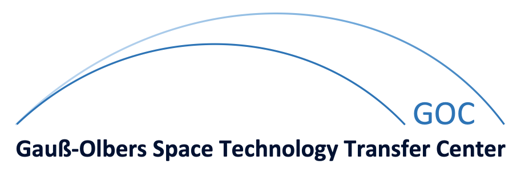BER Analysis of a Novel Hybrid Modulation Scheme for Noncoherent DS-CDMA Systems
| Authors: | D. Nikolai, K.-D. Kammeyer | ||||
| Abstract: | A novel DS-CDMA transmission scheme combining the two well-known techniques of M-ary orthogonal and differential PSK-modulation is presented. This "hybrid" scheme is applicable to the noncoherent uplink of the IS-95 system where up to now only M-ary modulation is used. The additional, PSK-modulated data show a slightly increased bit error rate (BER) compared to the data from M-ary modulation. However, the overall degradation caused hereby is far outweighed by the gain achieved by a higher spreading factor. Analytical results confirmed by simulations yield an improvement of approximately 1.0 dB in terms of Eb/No on a Rayleigh fading channel when no channel coding is used. This considerable gain is achieved upon only slight modification of the conventional modulation/demodulation procedure at a low additional complexity. It will be demonstrated that the IS-95 system is not properly designed since the full exploitation of noncoherent demodulation techniques results in a gain of nearly 2.0 dB. nk97_paper.ps.gz | ||||
| Document type: | Conference Paper | ||||
| Publication: | Helsinki, Finland, 1. - 4. September 1997 | ||||
| Conference: | IEEE 8th International Symposium on Personal, Indoor and Mobile Radio Communications (PIMRC 97) | ||||
| Pages: | 256-260 | ||||
| Volume: | 2 | ||||
| Index: | 29 | ||||
| Files: |
|
Last change on
25.04.2008
by
Admin
© Department of Communications Engineering - University of BremenImprint / Contact







